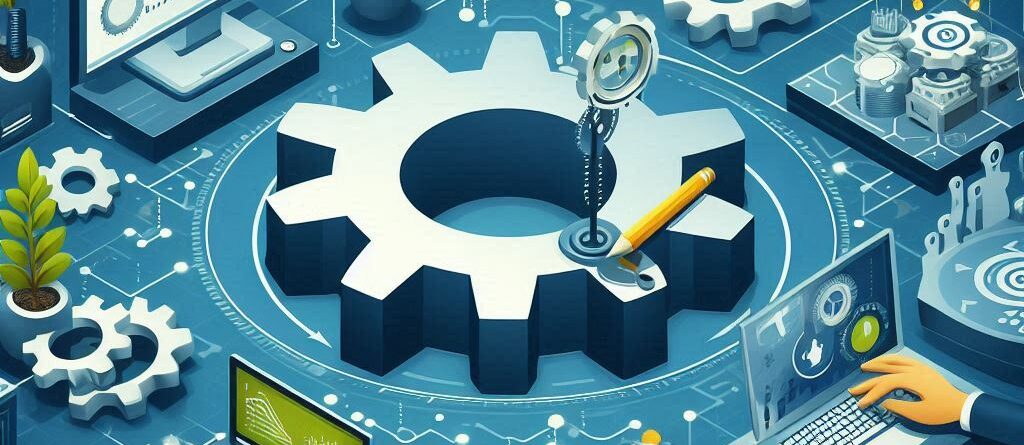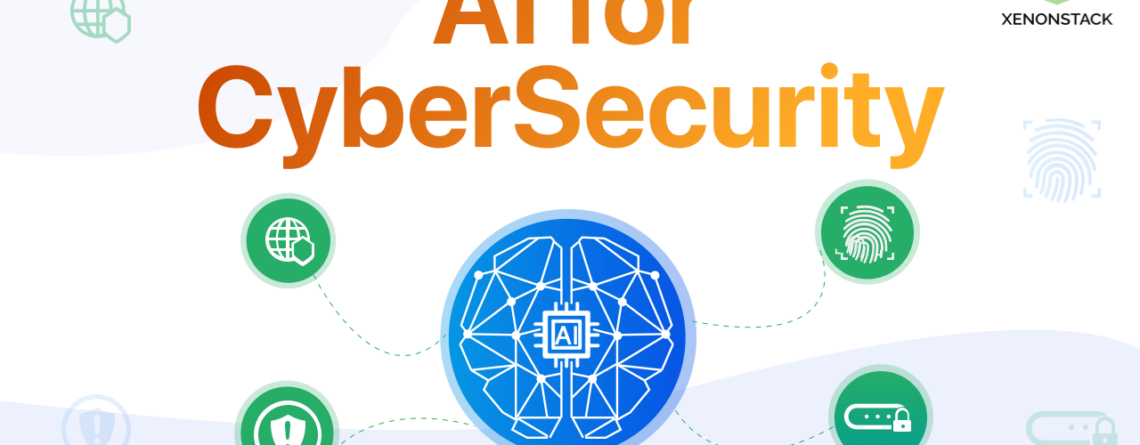How Managed Services Can Help with IT Compliance Audits
Whether your organization operates in healthcare, retail, finance, or any other regulated industry, establishing and maintaining an effective IT compliance program is mandatory. An IT compliance audit is more than just a box-ticking exercise for regulatory authorities; it significantly strengthens your company’s capacity to protect sensitive information, enhances your organization’s reputation, and streamlines its organizational efficiency. What Is an IT Compliance Audit? An IT compliance audit is a systematic review of an organization’s IT infrastructure, operations, and policies to determine the [...]











